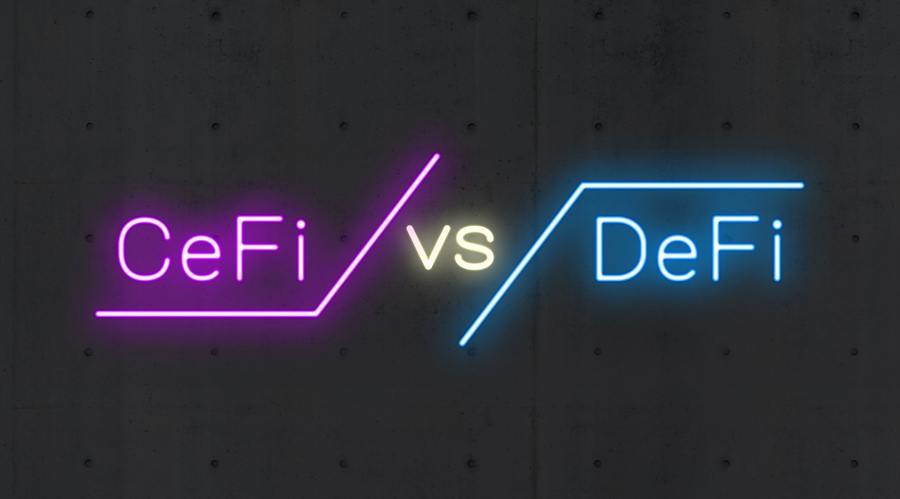
On the one hand we want order and control; on the other, we don’t want to be ordered or controlled. We want governance, but we don’t want to be governed. We appreciate structure, but we don’t want to have that structure tell us what to do. The issue is a basic one: how far can we place control in the hands of the citizen versus how much do we need order in society to avoid anarchy?
It is an age old discussion but, due to where we are today with distributed networks, has come to the fore. Specifically, when we talk about distributed data and distributed currencies. Some may want to think that this is not a big thing but, if you replace distributed with decentralised, you get the idea.
Thirty years ago, we sparked the idea that control could be distributed and decentralised, thanks to the creation of the internet. Thirty years later, we live with the consequences. Thirty years ago, we started the idea of media being in the hands of the citizen; thirty years later, we live with the idea of government, control, money and currency being in the hands of the citizen.
There are several key frictions you can see in the world today. First, who controls my data? Second, who controls my money? Third, who controls my freedom? There are more to the list, but these are the three big ones right now.
First, who controls my data? Thanks to the lack of oversight of government, data has become centralised in a few key players: Google (Alphabet); Facebook (Meta); Amazon; Baidu; Alibaba; Tencent. The are the big tech giants that have emerged in the last quarter century and have everything about my digital footprints online. There is now a big argument against such big tech centralisation and a move to decentralisation.
After all, who should control my data?
The answer is: me!
Why should big tech firms have all this information, and why do we share it with them? Well, it gives us benefits. They know us better and can therefore target advertising and offers to us better. But should they really have all this knowledge about us? Are they Big Brother?
The movement towards decentralising data is growing, and is led by the godfather of the network Tim Berners-Lee, who is working on the key idea of decentralising data so that it is owned by you through a project called Solid (in partnership with MIT, the Massachusetts Institute of Technology).
Second, who controls my money? Governments control money as it runs the economies of their nations. They license banks to control money for these reasons. And yet now, thanks to the network fo the people, we can control our own money. We don’t need to trust governments or banks to run the economy. We can run our own economy using cryptocurrencies. Cryptocurrencies are run by the network of the people. It’s a true democracy, and it’s decentralised.
That sounds great, but what happens when it goes wrong? When I have currency on the network that is lost, how do I get it back? What is Google’s phone number? This is another key question that needs to be answered, and is explored in depth here.
On that third question, who controls my freedom, the answer is the people. You might have thought the answer is the government, but the government represents the people. Interestingly, is the government the government of my nation, or is it the government of the network? This is the biggest friction we have today, as the network does not recognise borders or countries or governments. Can we create a world where we are all connected, and the only controls are those we create through our globally connected network?
These are all explored in a recent presentation I delivered to the British Computer Society here (only available for a short time), and the key is that balance between control and freedom. It is an age old discussion, and the combination of smartphones and the internet seriously challenges the structure we have tomorrow. My view is that we will always want government and control to fall back upon when things go wrong. The question is: what government and control?
Chris M Skinner
Chris Skinner is best known as an independent commentator on the financial markets through his blog, TheFinanser.com, as author of the bestselling book Digital Bank, and Chair of the European networking forum the Financial Services Club. He has been voted one of the most influential people in banking by The Financial Brand (as well as one of the best blogs), a FinTech Titan (Next Bank), one of the Fintech Leaders you need to follow (City AM, Deluxe and Jax Finance), as well as one of the Top 40 most influential people in financial technology by the Wall Street Journal's Financial News. To learn more click here...

